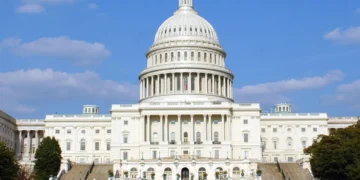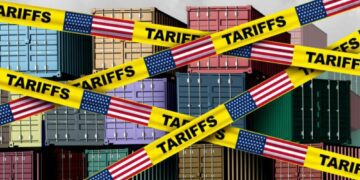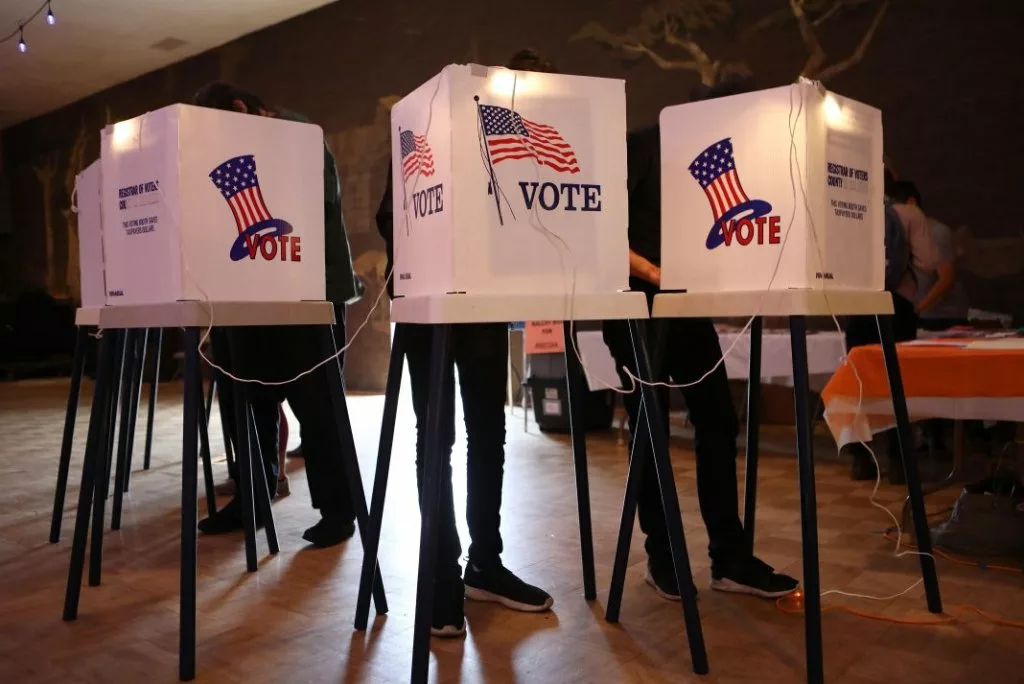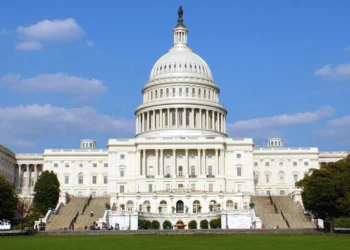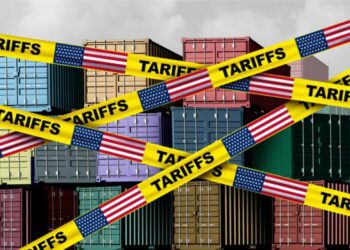In the landscape of American democracy, the right to vote stands as a cornerstone, symbolizing the essence of citizenship and the power of the individual within the collective. However, amidst the complex tapestry of modern society, questions arise regarding who should hold this sacred privilege. One such query echoes: Should foreigners, currently residing in the United States, have the right to vote? This contentious issue strikes at the heart of identity, representation, and the very fabric of democracy.
Understanding the Right to Vote
Before delving into the crux of the matter, it is imperative to grasp the legal framework governing voting rights in the United States. The right to vote is enshrined as a fundamental tenet of citizenship, a principle defended and preserved through centuries of struggle and sacrifice. Federal law, notably the Illegal Immigration Reform and Immigrant Responsibility Act of 1996, unequivocally prohibits noncitizens from participating in federal elections under threat of punitive measures ranging from fines to deportation.
Moreover, while federal law maintains strictures against noncitizen participation in national elections, a patchwork of state and local regulations offer varying degrees of enfranchisement. Historically, several U.S. cities, including New York City, Montpelier, San Francisco (school board only), and Washington, D.C., have extended limited voting rights to noncitizens in local elections, albeit within circumscribed domains.
The Case Against Foreigner Voting Rights
Fundamentally, the privilege of voting is intertwined with the concept of citizenship—a covenant between the individual and the state, predicated on rights, responsibilities, and allegiance. Granting voting rights exclusively to citizens safeguards the integrity of the electoral process, ensuring that those who partake in shaping the nation’s destiny are bound by a common bond of citizenship and shared destiny.
As citizens, only those who have undergone the rigorous naturalization process, affirming their commitment to the ideals and values underpinning American democracy, should wield the power of the ballot. Noncitizens, while valuable members of society, do not possess the same vested interest or stake in the nation’s future as citizens do. Permitting noncitizens to influence electoral outcomes dilutes the sovereignty of citizenship and erodes the essence of democratic governance.
“Voting is a right that comes with citizenship in the United States. It has been a hard-fought right for many groups and cannot be taken for granted.”
The sanctity of the vote, earned through struggle and sacrifice, must be preserved as an exclusive prerogative of citizenship. While noncitizens may contribute to the fabric of American society and economy, the right to vote represents a sacred bond between the individual and the polity, reserved for those who have pledged their allegiance to the United States.
Examining Counterarguments and Perspectives
However, proponents of extending voting rights to noncitizens advance compelling arguments rooted in principles of inclusivity, representation, and civic engagement. Advocates contend that denying noncitizens the right to vote perpetuates systemic disenfranchisement and undermines the principles of equality and fairness enshrined in the Constitution.
Furthermore, proponents assert that noncitizens, as residents and taxpayers, bear the brunt of policy decisions and should thus possess a voice in shaping the laws and policies that impact their lives. The dichotomy between taxation without representation and the ethos of democratic governance underscores the moral imperative of extending voting rights to all residents, irrespective of citizenship status.
A Pragmatic Perspective: Preserving Democratic Integrity
Amidst the fervent debates surrounding foreigner voting rights, a pragmatic approach emerges—one that balances the imperatives of democratic governance with the sanctity of citizenship. While acknowledging the contributions of noncitizens to American society, it is imperative to uphold the foundational principle of citizenship as the bedrock of voting rights.
Foreigners, while integral to the fabric of American society, must traverse the path of naturalization to fully partake in the rights and privileges of citizenship, including the right to vote. The naturalization process serves not only as a legal prerequisite but as a symbolic rite of passage, affirming one’s commitment to the ideals and values that define the American polity.
Forging a Path Forward
In the crucible of democratic discourse, the question of foreigner voting rights encapsulates the complexities and contradictions inherent in the American experiment. While inclusivity and representation are laudable aspirations, the sanctity of the vote must remain inviolate—a privilege reserved for those who have pledged their allegiance to the United States.
As citizens, we bear the solemn responsibility of stewarding the democratic legacy bequeathed to us by preceding generations. In safeguarding the integrity of the electoral process and upholding the principles of citizenship, we honor the sacrifices of those who fought and bled for the right to vote—a beacon of hope and resilience in an ever-changing world.
For more content, check out How to Determine Your Political Ideology.
For more information on voting rights and citizenship eligibility, visit USA Gov.
Disclaimer: The views expressed in this blog post are solely those of the author and do not necessarily reflect the opinions of the publisher.
























